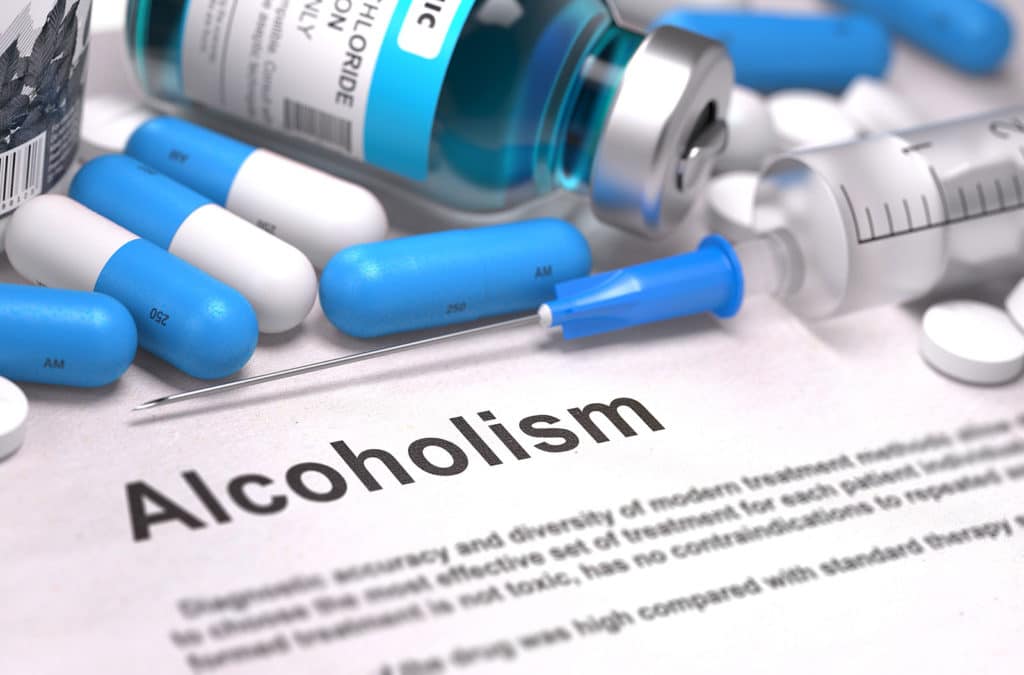Alcohol rehab facilities offer various recovery programs for individuals struggling with alcohol addiction. These programs provide a structured and supportive environment for people to overcome their dependency on alcohol. From therapy to support groups and aftercare, different types of programs are available at rehab facilities. Here are a few rehab programs that can help individuals on their journey to sobriety:
Inpatient Programs
Residential programs require individuals to live at the rehab facility for a certain period. This type of program offers intensive therapy and support in a structured environment. A team of professionals oversees the recovery process and provides individualized treatment plans tailored to each person’s needs.
Patients who choose inpatient treatments have access to programs to help them heal. Individual counseling, group therapy, and educational sessions are designed to address the underlying causes of their addiction. The program focuses on developing healthy coping mechanisms and life skills to maintain sobriety after leaving the facility.
Outpatient Programs
Outpatient programs offer individuals the opportunity to receive treatment for alcohol addiction while residing in the comfort of their own homes and attending sessions at the alcohol rehab facility. This option is suitable for those with milder addiction or those who have completed an inpatient program and require ongoing support. Outpatient programs offer flexibility as they can accommodate work, school, or family commitments.
Treatment plans may include individual counseling, group therapy, and educational sessions like inpatient programs, but they take place at the patient’s convenience. These programs require a strong, supportive environment at home, as the individual will still face everyday triggers. Outpatient programs can vary in intensity, with some requiring daily visits to the rehab center, while others may only necessitate weekly sessions. When exploring different types of programs for alcohol recovery at rehab facilities, it’s crucial to understand the variety of treatment options available. For more detailed information and to find a program that suits your needs, visit the Pacific Ridge website. This resource provides comprehensive insights into effective recovery strategies and support systems.
Aftercare Programs
Recovery doesn’t stop when an individual completes a rehab program. Aftercare programs help in maintaining sobriety and reducing the risk of relapse. These may include continued therapy sessions, support group meetings like Alcoholics Anonymous, and vocational training to help individuals reintegrate into society. Sober living homes provide a bridge between rehab and returning to everyday life.
Residents live together in a sober environment, supporting each other while regaining independence. Aftercare programs also educate individuals on identifying triggers and developing healthy coping mechanisms to manage them.
12-Step Programs
The 12-step program is a structured approach to recovery that involves following a set of guiding principles. These steps are designed to help individuals overcome their addiction through acceptance, introspection, making amends, and maintaining sobriety.
The steps start with an acknowledgment of the problem and a surrender to a higher power, followed by a rigorous self-examination and acknowledgment of one’s wrongs. They then make amends where possible, continue personal inventory, and seek spiritual growth. These programs bring together individuals who have struggled with addiction and provide a supportive community to help maintain sobriety.
Ongoing Support After Care
Even after patients finish rehab, they can still have support from those around them. Attending weekly support groups, having a sponsor, or having support from family members are other options. They can help them gain the confidence they need as they move back into their daily routines.
Find Freedom with Alcohol Rehab
Alcohol rehab facilities offer individualized treatment plans to help individuals overcome their addiction and address underlying issues. After completing a rehab program, aftercare programs like sober living homes, 12-step programs, and other support groups can aid in maintaining sobriety and preventing relapse. These programs provide a supportive community, education on managing triggers, and guidance in developing healthy coping mechanisms. With the right support and resources, individuals can find freedom from alcohol addiction and live a fulfilling life in recovery. If you or someone you know is struggling with alcohol addiction, seek help today and take the first step towards recovery.
